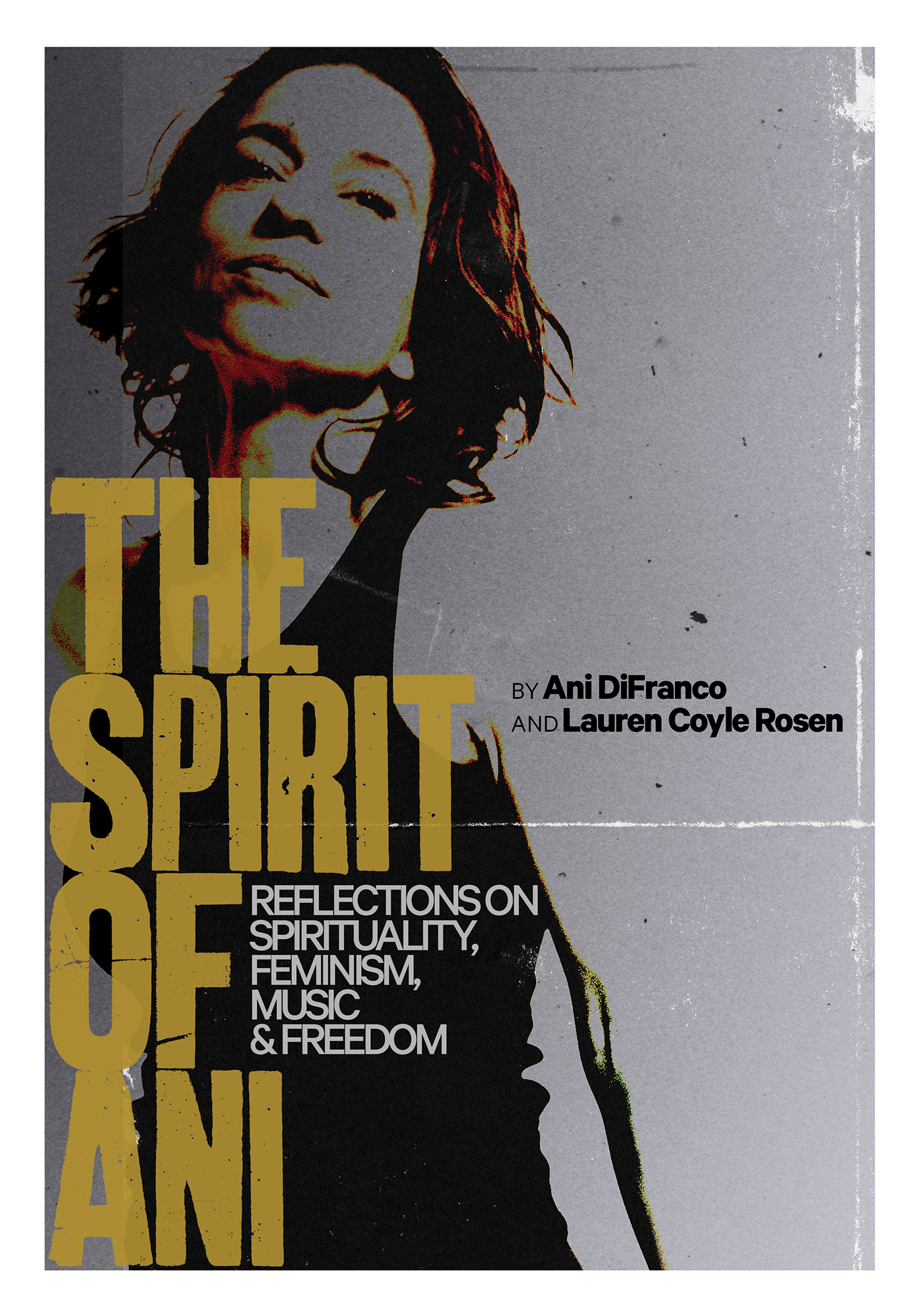In The Number Ones, I'm reviewing every single #1 single in the history of the Billboard Hot 100, starting with the chart's beginning, in 1958, and working my way up into the present.
Elton John & Kiki Dee - "Don't Go Breaking My Heart"
HIT #1: August 7, 1976
STAYED AT #1: 4 weeks
Elton John loved Motown. (Still does, presumably.) That didn't mean that Elton John could make Motown music. On the R&B charts over the years, Elton John had more success than any goofy-looking white English piano man could've ever hoped to achieve. But Elton John was a down-the-middle pop star -- probably, as of the summer of 1976, the world's biggest down-the-middle pop star. And when he tried to write a classic-style Motown duet, he wound up with a deeply cheesy Broadway-disco shout-along. It's a pretty good deeply cheesy Broadway-disco shout-along, though.
Kiki Dee, Elton John's duet partner on "Don't Go Breaking My Heart," was born Pauline Matthews, and she got her start working as a teenage session singer in the early-'60s UK, sometimes singing backup to Dusty Springfield. Dee released a few of her own singles, and in 1970, she became the first white British woman to sign to Motown. Her Motown records, like all the records she'd released before signing to Motown, went nowhere. But John Reid, who managed Motown in the UK, was also Elton John's manager. And after Dee's tenure on Motown was up, Dee signed with Rocket Recordings, Elton's label.
On Rocket Recorings, Kiki Dee had a career. She had a few UK hits and sang backup on some of Elton's records. "I've Got The Music In Me," a pretty great soul-rock howler from 1974, crossed over in the US, climbing up to #12. Then she and Elton John got the idea to record the same sort of duet that Marvin Gaye and Tammi Terrell had sung on their mid-'60s Motown singles. Actually, Elton's first idea was to record the duet with Dusty Springfield. But Springfield, possibly because of illness, couldn't do it, so the song went to Kiki Dee. (Dusty Springfield's highest-charting single in the US is the 1987 Pet Shop Boys collaboration "What Have I Done To Deserve This?," which peaked at #2. It's a 10.)
Usually, Elton John wrote the music for his songs after getting lyrics from his collaborator Bernie Taupin. But on "Don't Go Breaking My Heart," Elton got the title in his head and wrote the music around it, then he got Taupin to write lyrics based on the music he'd already written. You can kind of tell. "Don't Go Breaking My Heart" has a tremendous melody, and it has generic love-song lyrics that seem like they're there only to fill space.
"Don't Go Breaking My Heart" is a lively song, one with swirling strings and itchy bongos and quick, subtle little guitar-stabs. I'm not quite sure how Elton John thought he was writing a Motown song; it's not that. But it's a perfectly likable piece of amiable mid-'70s pop hackery. James Newton Howard, who spent a few years as John's touring keyboardist and who is now one of the busiest film-score composers in Hollywood, did the string arrangements, giving the song a bright buoyancy. And I like the way the song's intro builds and builds until Elton John comes in with the big first line.
As with a lot of Elton John songs, the big problem with "Don't Go Breaking My Heart" is Elton John himself. When he recorded his part of the song in Toronto, Elton sang both his and Kiki Dee's parts. So when Dee recorded her own part back in London, she sang those lines pretty much the same way Elton had. That leaves us with a duet where both voices sing like Elton John -- arguably two too many. Elton John's delivery on the song is a hammy bleat. Kiki Dee's delivery is a trained, poised Broadway-style version of a hammy bleat. Neither one is great.
But Elton John was deep into his imperial phase in 1976. And "Don't Go Breaking My Heart" was a deeply memorable earworm -- the sort of thing where, if you sing the song's first line around anyone else, that person is almost biologically obligated to sing the next line. In fact, maybe it's a good thing that Elton John was never an especially capable singer. "Don't Go Breaking My Heart" might live on forever as a drunks-at-karaoke anthem, since nobody's ever going to be too intimidated to sing the song.
Kiki Dee never had another US chart hit after "Don't Go Breaking My Heart." These days, she mostly acts in stage musicals, which seems like a good spot for her. Elton John, meanwhile, came out as bisexual in a Rolling Stone interview late in 1976. His commercial power took an immediate nosedive. Within a few months, Elton went from being an absurdly dominant pop star to a solid B-lister. While he was a constant pop-chart presence for years, it would be a long time before Elton had another hit as big as "Don't Go Breaking My Heart." He wouldn't get back to #1 in the US for another 10 years, and he wouldn't get there as a solo artist for another 21. But Elton John was, and is, resilient. We will see him in this column again.
GRADE: 6/10
BONUS BEATS: Here's Elton John and Miss Piggy singing "Don't Go Breaking My Heart" on a 1977 episode of The Muppet Show:
https://youtube.com/watch?v=gJWo7Z5m6e8
BONUS BONUS BEATS: Here's Daft Punk sampling "Don't Go Breaking My Heart" on "Phoenix," a song from their 1996 debut album Homework:
https://youtube.com/watch?v=wxBc6JjKSWU
(As featured artists, Daft Punk will eventually end up in this column. As lead artists, their highest-charting single is the 2013 Pharrell Williams/Nile Rodgers collab "Get Lucky," which peaked at #2. That one is an 8.)
BONUS BONUS BONUS BEATS: At the end of the 2004 movie Ella Enchanted, Hugh Dancy and a sort of galactically hot Anne Hathaway sing "Don't Go Breaking My Heart" to each other. As someone who has never seen the movie, this scene is some trippy shit. Here it is:
BONUS BONUS BONUS BONUS BEATS: There have been a great many memorable duet-style covers of "Don't Go Breaking My Heart" over the years: The Mr. T Experience and the Muffs' Kim Shattuck in 2002, Frightened Rabbit and the Hold Steady's Craig Finn in 2010, Q-Tip and Demi Lovato in 2018. But if I'm going to put one cover in this section, it's obviously going to be the ecstatically tuneless Ol' Dirty Bastard/Macy Gray version, which came out in 2005, the year after Dirty died. It features the sound of Dirty loudly eating popcorn. Here it is:
(Ol' Dirty Bastard never had a top-10 single, though he will eventually appear in this column via a guest verse on a prominent remix. Macy Gray's highest-charting single is 1999's "I Try," which peaked at #5. It's a 6.)






